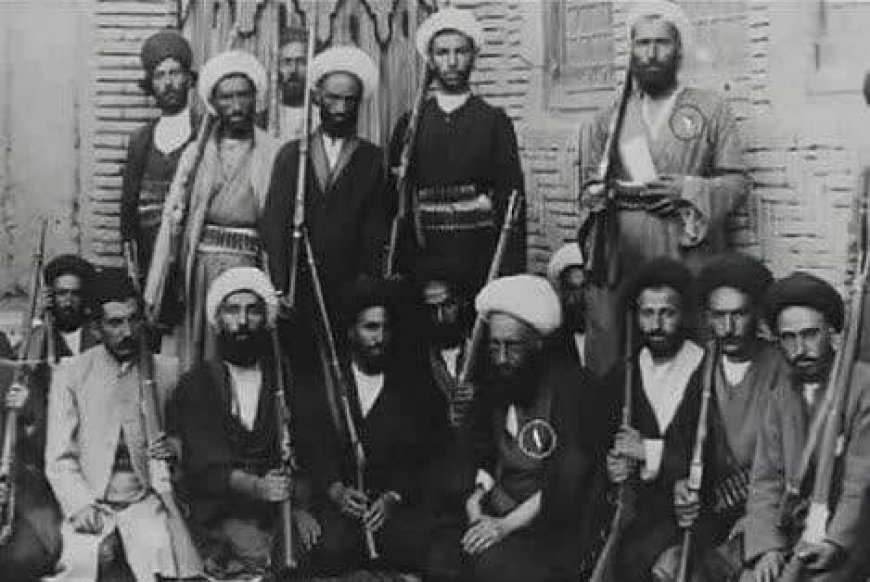Iraq: A History Shaped by Colonialism and Resistance
Iraq: A History Shaped by Colonialism and Resistance

During the First World War, The United Kingdom employed the pretext of preventing German influence to justify its invasion of Iraq. Launching their military force from the mouth of the Arvand River, which then formed part of the Ottoman territory, the British ultimately occupied Iraq. Their occupation was accompanied by a series of strategic plans aimed at furthering their colonial ambitions and capitalizing on Iraq's natural resources.
The first plan involved the "Indianization" of Iraq, envisioning the migration of numerous Indians to Mesopotamia and the administration of Iraq by the British viceroy in India.
The second plan focused on settling immigrant Jews in Iraq, while the third sought to partition Iraq, separating the port of Basra and annexing it to India, thereby establishing the Persian Gulf as an Anglo-Indian lake. Lastly, there was a plan to detach Mosul from Iraq.
In response to foreign rule, the Muslim masses of Iraq, under the guidance of eminent religious cleric, embarked on a jihad against the British invaders. The religious scholars in holly cities of Najaf and Karbala not only issued calls to jihad but also personally participated in various battlefronts, engaging in combat against foreign occupiers.
Among the influential figures in this resistance movement was Mirza Mohammad Taqi Shirazi, whose fatwa (Islamic decree) injected a spirit of defiance against the British occupiers, galvanizing the Iraqi Muslims for a holy jihad against the aggressors, ultimately culminating in the Iraqi Revolution of 1920. This national and Islamic revolution succeeded in liberating Iraq from British rule.
Despite the removal of the British colonial hand from Iraq, the country's valuable resources and strategic location continued to attract the avarice of other powers. Recent years have witnessed Iraq being ravaged by wars and their deleterious consequences. The United States' invasion, predicated on allegations of Iraq possessing weapons of mass destruction and ties to terrorist organizations such as Al-Qaeda, resulted in severe infrastructure damage, the rise of ISIS, and the exploitation of Iraq's resources.
The United States' motives for this attack were driven by a desire to establish a lasting and decisive presence in the Middle East, facilitating the unfettered exploitation of the region's resources while preventing the emergence of any potential rivals. However, the resilient Iraqi youth, imbued with a legacy of resistance, rose against these nefarious goals, finding leadership in figures like Martyr Haj Qasem Soleimani and Abu Mahdi al-Muhandis.
Despite the United States' relentless, albeit vein, attempts to eliminate the Islamic resistance commanders through callous assassinations, the Iraqi people staunchly refused to tolerate foreign interference in their internal affairs. The intensified efforts to expel the invaders stand as a testament to the indomitable spirit of the Iraqi people, echoing the sentiments of the 1920 revolution and their unwavering commitment to asserting their rights and resisting oppression.













































